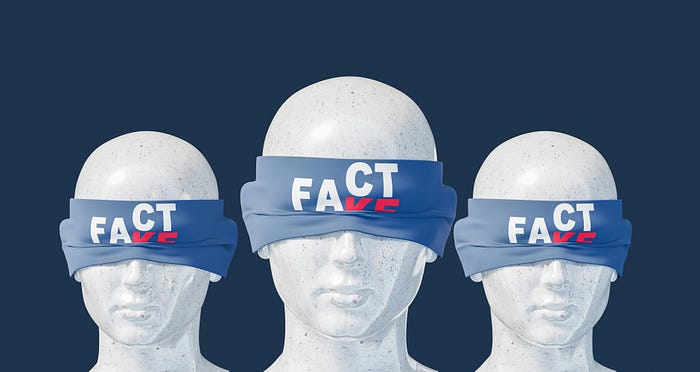Write Your Own Narrative: A Journey Through Stories
Written on
Chapter 1: Understanding Your Narrative
"I'm not sharing a story," Claire stated, "it's the truth."
This sentiment often arises when I remind clients that they are narrating a story. Some appear puzzled, others annoyed, while some, like Claire, express disbelief.
However, upon reflection, they come to realize that everything is a narrative.
You might assert, "I don't tell stories," and it's accurate that you may not weave tales that start with "Once Upon a Time," but every statement you make is a narrative.
These narratives help you interpret the world around you, shape your self-identity, and illustrate your beliefs. They detail the quality of your life, whether you perceive it as fortunate or challenging.
But who is the author of your personal narrative?
Your Past Narrative
Years ago, I delved into Neuro-Linguistic Programming (NLP), and the aspect that captivated me was Richard Bandler's assertion that it's never too late to enjoy a happy childhood.
I acknowledge that some individuals have faced challenging or traumatic upbringings, and if this resonates with you, I'm truly sorry. Yet, you need not hold on to the narrative of your past or permit it to define you.
Regardless of how vivid your recollections may seem, they are merely stories shaped by your current perspective.
In "Time and Psychological Explanation," Brent D. Slife articulates:
"We reinterpret or reconstruct our memory based on our present mental state. Thus, it is more accurate to claim that the present shapes our understanding of the past than the other way around... Our memories are not static and objective but are dynamic components of our present selves. This explains why our present emotions and future aspirations significantly influence our memories."
Clients often attribute their struggles with weight or anxiety to how a parent treated them or comments made by a teacher from years ago. Unknowingly, they cling to a narrative that someone else has authored about them.
You can only experience thoughts in the present moment; what you feel is a thought about the past, not the past itself.
And you are empowered to craft a new narrative about your past.
Your Future Narrative
Everyone formulates a narrative about the future, often failing to recognize that it is inherently a story, as the future remains uncertain.
Frequently, these future narratives are fraught with anxiety.
Is your narrative occurring in this moment? If you're consumed by worries about unpaid bills, what is actually happening right now? Nothing, except for the internal narrative you're constructing about potential homelessness.
You envision disastrous outcomes and subsequently experience the accompanying anxiety.
Can you discern that this is merely a narrative? Are you the one scripting it, or are you merely echoing the tales of others who have faced hardships?
A telltale sign that you're narrating a grim future is when fear arises. Pause, take a moment to observe your surroundings, and remind yourself of the present reality.
If you are indeed crafting a story about your future, strive to make it the most positive narrative possible.
Why Do We Create Narratives?
Humans are inherently pattern-seeking beings.
Our brains identify patterns in nature, leading us to see a duck-shaped cloud, a face in a tree, or even a figure in a piece of toast. This pattern recognition extends to information, prompting us to construct stories to interpret the patterns we observe.
In a 1944 experiment, thirty-four college students watched a brief film featuring two triangles and a circle moving across a screen, accompanied by a stationary rectangle.
Only one participant accurately identified the scene as simple geometric shapes in motion. The others invented elaborate narratives to explain the movements.
Most participants imagined the triangles as two men in conflict, with the circle representing a woman attempting to escape the larger, aggressive triangle. Instead of perceiving abstract shapes, they anthropomorphized them, attributing emotions and backstories to their actions.
This phenomenon is not isolated; we do the same with everyday events, interpreting actions of strangers or loved ones through narratives that may shift based on our audience or recollection.
Law enforcement is aware that eyewitness accounts can vary and morph as individuals recount their experiences to others. A 2021 ruling emphasized that "recent psychological studies have cast doubt on the reliability of eyewitness testimony, revealing that memory is fluid and can be reshaped over time with new information."
Final Reflections
Remember, you are not defined by your narrative.
You possess the ability to transform your self-story at any moment. You may perceive yourself as a fixed entity, yet deep down, you understand that this isn't accurate.
Consider something you relished as a child that you would avoid today, or perhaps a food group that was once a staple in your diet but is now absent. Countless examples illustrate your evolution. Hair color? Fashion choices?
Believing that your personality remains unchanged from last week is just a narrative.
Perhaps it's time to pen your story in your own voice.
"Every story I create, creates me. I write to create myself."
— Octavia E. Butler
